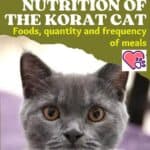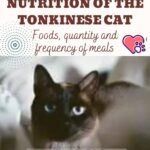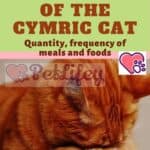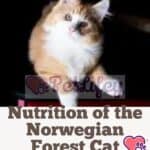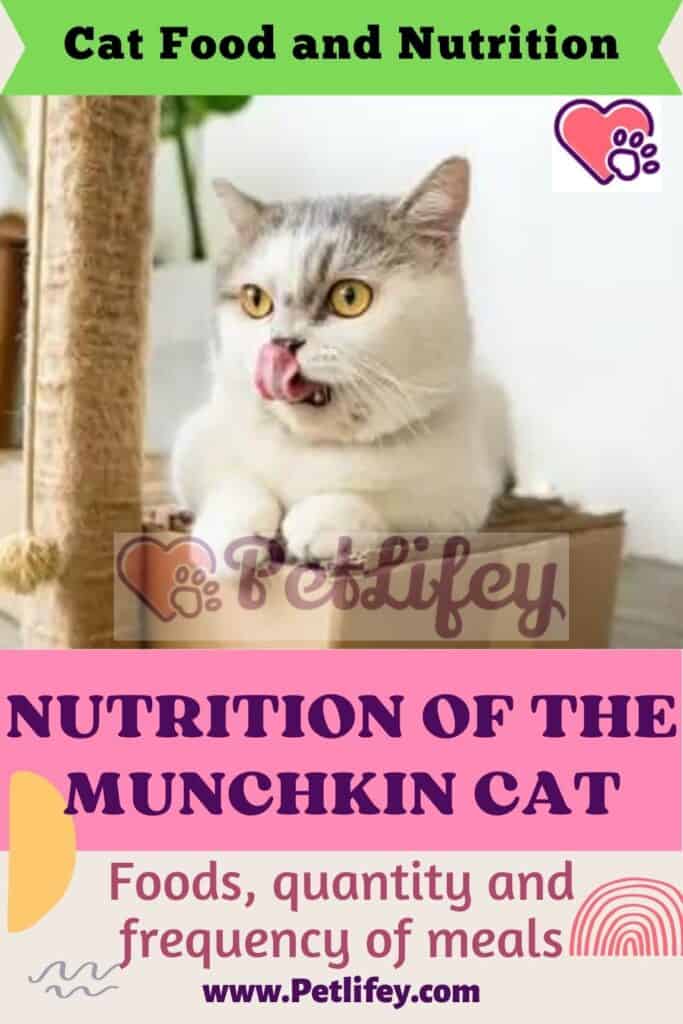
Nutrition of the Munchkin, the diet to keep this curious and particular breed of American cat in shape, with short legs.
In today’s article we will go to see specifically, the feeding of the Munchkin, the frequency of meals and the quantities necessary for the daily requirement of this breed of dachshund but agile and massive cat.
When the choice is made to adopt this short-legged cat (the result of a natural mutation), we just have to learn to get to know our new four-legged friend better.
Welcoming this cute kitten into your home was the best choice of your life. You will soon realize how much love it is able to give and how much company.
Now we just have to learn about his needs, habits and needs, especially food ones.
What to feed the Munchkin
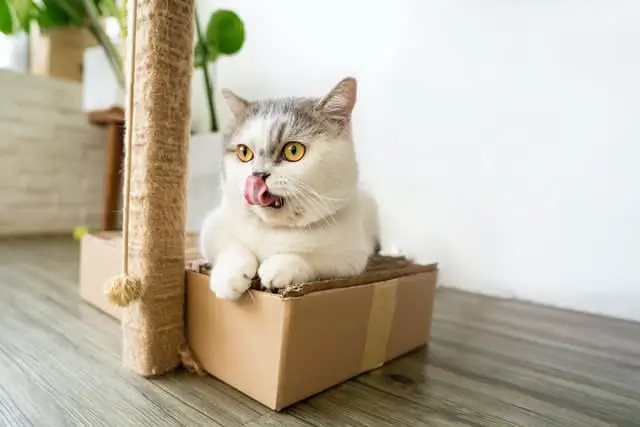
For each cat breed and in particular the Munchkin breed which has a rather particular build, it is essential to establish the quality, doses and frequency of meals.
A healthy and good quality diet will certainly be useful in guaranteeing an excellent state of health for the cat, whatever the breed.
For the Munchkin breed cat it is essential to administer quality feed that does not contain by-products of meat or fish processing, those with preservatives, dyes and appetizers hidden under various names and even those rich in cereals or water.
With regard to the choice of the type of food for the cat, whether dry or wet, this must be done carefully, as the Munchkin needs a fairly mixed mixture between the two.
Offering your Munchkin cat only dry products could cause serious damage to the animal, such as bladder or kidney diseases.
It could also cause overweight in cats due to high energy density. Fortunately, currently, on the market, it is possible to find both dry and wet quality products.
Feed prepared with the right proportions of meat and vegetables but above all with very low content of cereals or grain free.
The best feed should contain the following nutritional values:
- proteins: useful for the formation and maintenance of muscles, other tissues, blood but also for the regeneration and conservation of body cells and tissues;
- fats: a necessary source of energy and mainly responsible for the transport of substances in the body as well as for the support and development of the joints and the nervous system;
- carbohydrates for the cat: immediate source of energy to face a sudden effort such as a run, a chase, an escape, a sudden stress etc.
- minerals: essential for the development and maintenance of tissues.
Among the components with high nutritional value there are the entrails or: liver, heart and stomach.
Fortunately, in specialized shops, the choice of the product is also facilitated by the division by size and age group of the animal.
The fact remains that for lovers of cooking, it is possible to personally prepare homemade recipes for cats.
Of course, for the right choice of both industrial and home food it is always good to consult with your trusted veterinarian.
The doctor will be able to suggest the right way to avoid nutritional deficiencies in the cat or on the contrary a substantial weight gain of the animal.
Nutrition of the Munchkin: doses and frequency of meals
The Munchkin is a lively, agile and playful cat, of medium size (but it can also reach large) and with a particularly long build and short legs.
Assuming that each specimen needs different quantities, since some factors can have a significant impact, the Munchkin roughly needs different doses and frequency of meals from other breeds.
As we mentioned, however, there are some indicative factors: lifestyle, size, gender, health condition and in particular age.
This is the table for feeding the cat according to age:
- 3 and 4 servings a day of 25 to 30 grams each, from 8 weeks to 6 months:
- 2 servings a day of 200 and 450 grams of food each after 6 months;
- 1 meal a day, preferably divided into 2 ( morning and evening) of 200 and 450 grams of food each, after the year of life.
Cat friends should be reminded that quality food helps them have good health and a longer life.


